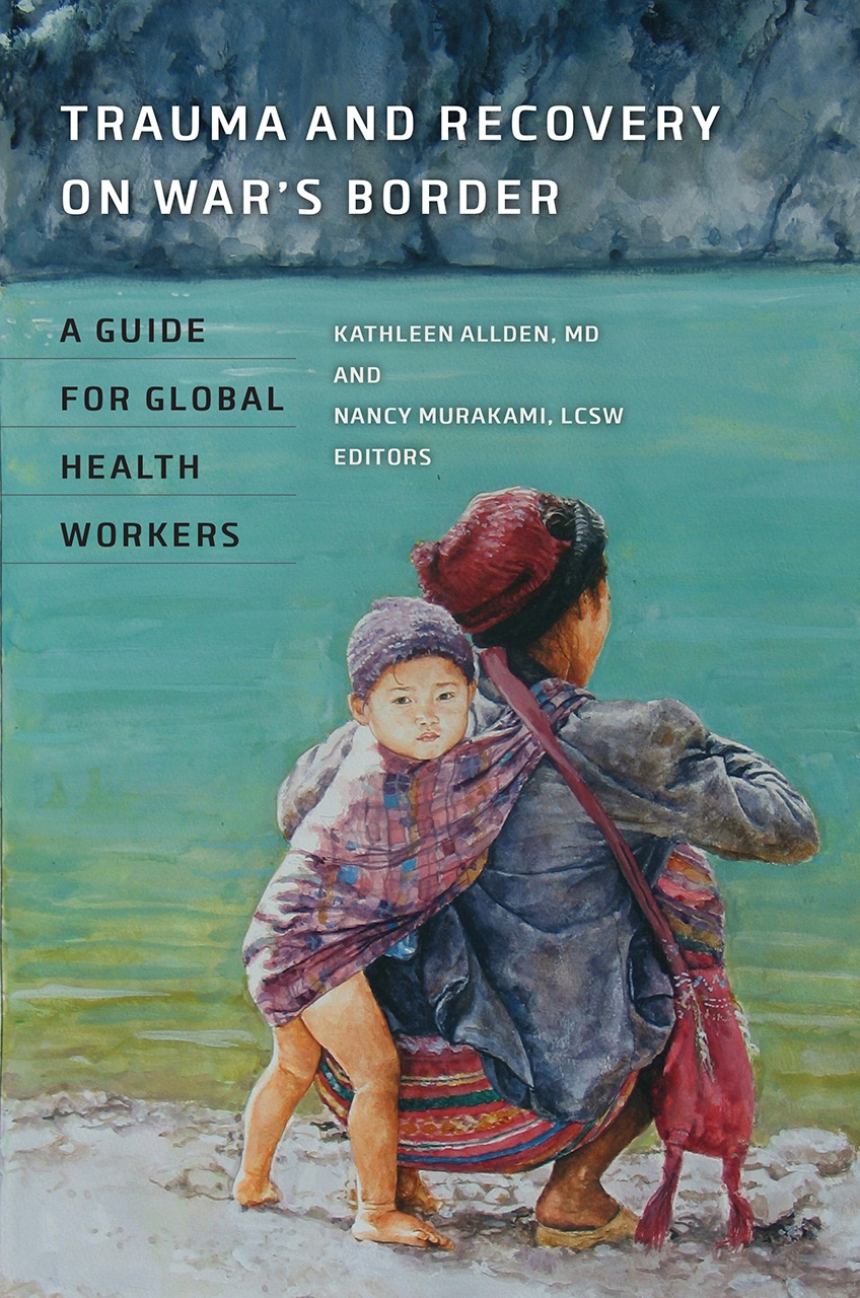9781611686951
9781611686944
9781611686968
Distributed for Dartmouth College Press
Trauma and Recovery on War’s Border
A Guide for Global Health Workers
An increasing number of students and professionals are choosing to travel the globe to engage with the realities of trauma and human suffering through mental health aid. But in the field of global mental health, good intentions are not enough to ensure good training, development, and care. The risk of harm is real when outsiders deliver mental health aid in culturally inappropriate and otherwise naïve ways. This book, based on the experiences of the co-editors and their colleagues at Burma Border Projects (BBP), a nonprofit organization dedicated to the mental health and psychosocial well-being of the displaced people of Burma, sets out global mental health theory allied with local perspectives, experiences, real-life challenges, strengths, and best practices. Topics include assessment and intervention protocols, vulnerable groups and the special challenges they present, and supervision and evaluation programs. An introduction by the editors establishes the political and health contexts for the volume. Written in a style appropriate for academic audiences and lay readers, this book will serve as a fundamental text for clinicians, interns, volunteers, and researchers who work in regions of the world that have suffered the violence of war, forced displacement, human rights violations, poverty, and oppression.
Table of Contents
Foreword—Dr. Cynthia Maung • Acknowledgments • PART I. INTRODUCTION • Global Mental Health in War-Affected Communities—Kathleen Allden • Burmese Sanctuary-Seekers and Migrants in Thailand: Policies, Experiences, and Prospects—Christina Fink • PART II. ASSESSMENT, INTERVENTION, AND PROGRAMS • Assessments and Interventions: Strengths-Based Approaches in Contexts of Displacement—Nancy Murakami and Thandar Shwe • Community-Based Mental Health and Psychosocial Assistance—Whitney Haruf, Jessica Bowes, Naw Dah Pachara Sura, and Kathleen Allden • PART III. VULNERABLE GROUPS AND CHALLENGES • Discovering Culturally Appropriate Psychosocial Care for Children and Young People—Derina Johnson, Liberty Thawda, Sid Mone Thwe, and Hay Mar San • Gender-Based Violence: Realities, Challenges, and Solutions from a Refugee Camp Context—Abigail Erikson, Kristin Kim Bart, and Moe Moe Aung • Substance Use, Conflict, and Displacement—Lucinda Lai, Naw Dah Pachara Sura, and Kenneth Curry • Vulnerable Populations: Chronically Ill Individuals, People Living with HIV, Women with Reproductive Health Concerns, Land Mine Victims, and Former Political Prisoners—Meredith Walsh, Aung Khaing Min, Saw Than Lwin, and Saw Ku Thay • PART IV. MANAGING, SUPERVISING, AND EVALUATING PROGRAMS • Vicarious Traumatization and Resilience of Health Workers—Andrew George Lim and Eh Kalu Shwe Oo • Parallel Process as a Learning Tool in Clinical Supervision within a Traumatized Community: Case Examples from the Burma Border—Sarah Gundle • Program Evaluation and Research—Catherine Lee, Courtland Robinson, Kyaw Soe Win, and Paul Bolton • PART V. LOOKING TO PEACE IN THE FUTURE • The Other Side of Political Trauma: Protest, Empowerment, and Transformation—Khin Ohmar and Mary O’Kane • Contributors • Index
